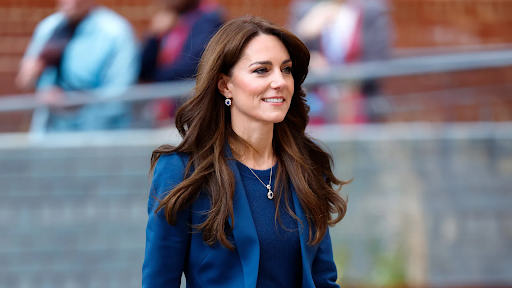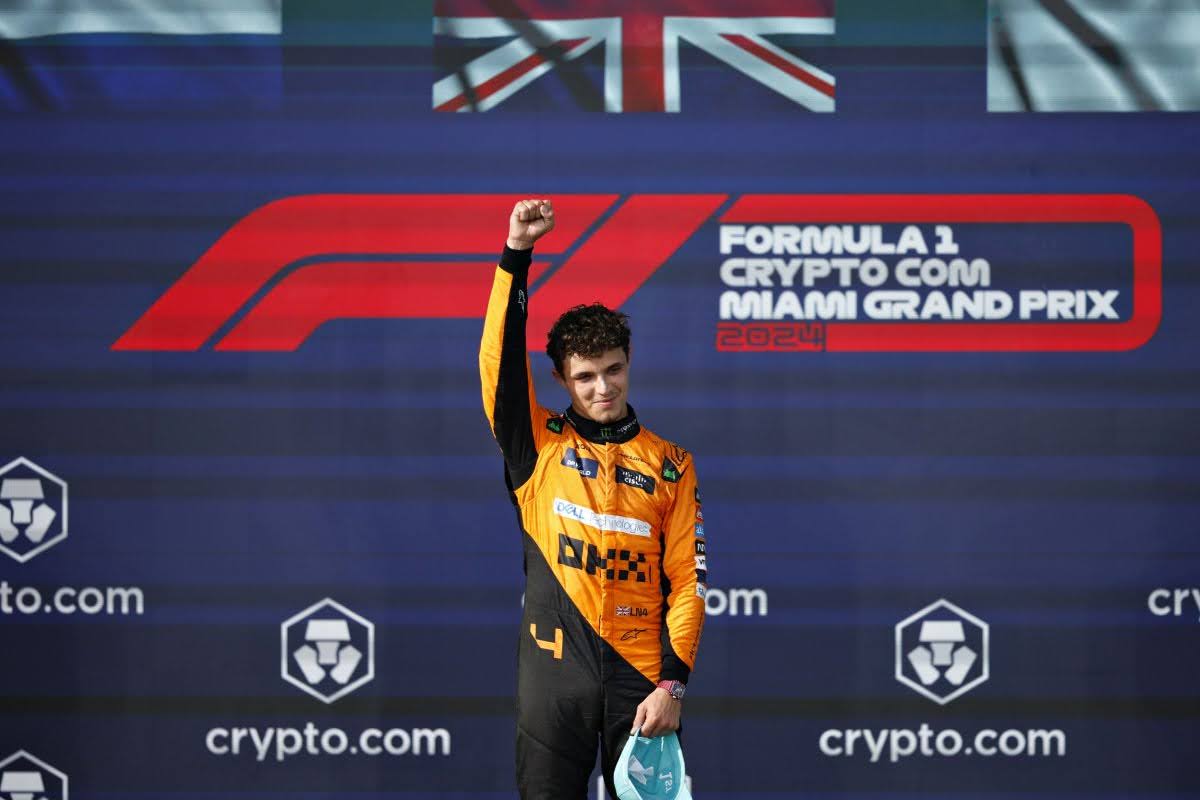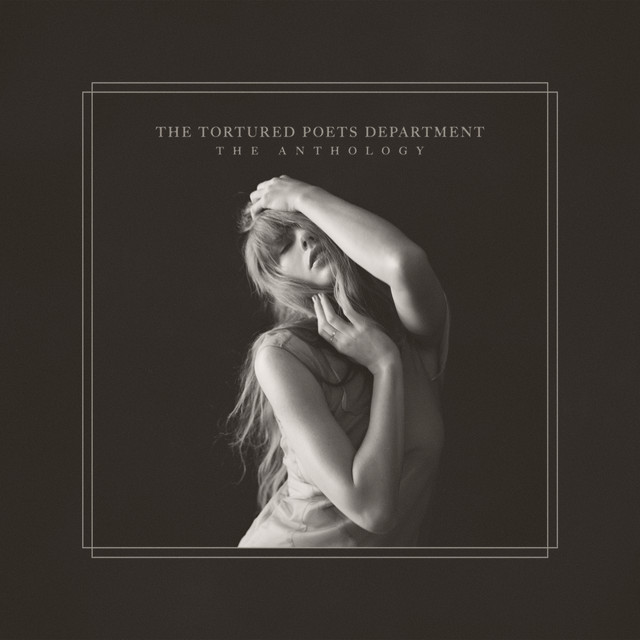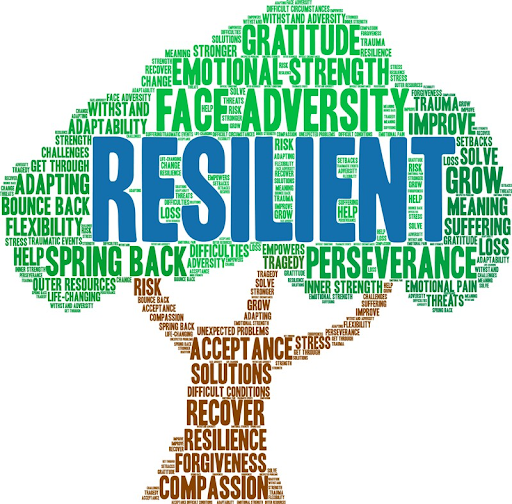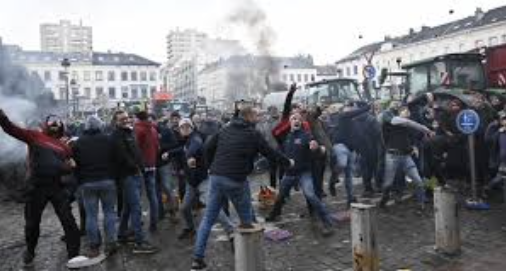The Hidden Human Rights Issues Behind the World Cup
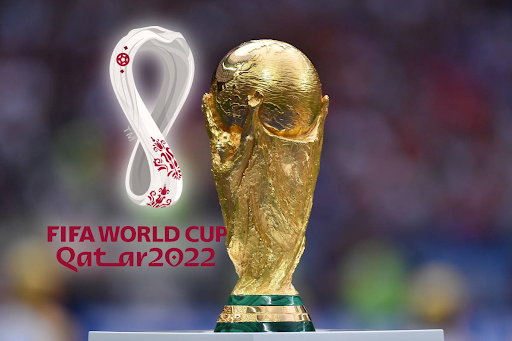
December 29, 2022

Every four years, eager soccer fans watch as 32 national soccer teams compete in the World Cup. This year, the highly anticipated tournament is hosted in Qatar from November 20th to December 18th. This was determined in 2010 by FIFA and was a monumental decision as it would be the first time a Middle Eastern country has hosted the World Cup. However, it has since been under fire for significant human rights concerns (Human Rights Watch).
The construction process of the stadium where the games are being held is under attack for inhumane working conditions. Many notable infrastructure projects have resulted in worker casualties, but nothing to the scale of Qatar. The Qatari contracting firms that were being used to hire workers operated with practically no labor standards until recently. These workers, who for the most part are migrants, are essentially being treated as indentured servants. They are forced to work extremely long hours with limited breaks in the grueling heat. Their living conditions are basically unlivable, and they are poorly nourished. The workers are being pushed to their mental and physical limits, as they are pressured to continue to work even if they have suffered injuries.
Furthermore, they are not being paid fairly if at all, and are essentially bound to stay in the country as their passports were taken by their contracting firms. The number of deaths is unclear as Qatar has not been forthcoming with accurate data. Still, it is predicted it could be over six-thousand individuals, with thousands more critically injured (SFGate).

Furthermore, the political climate of Qatar has also caused a stir. Women and the LGBTQ+ community have restricted rights in Qatar. Women are not given the agency to make decisions about many aspects of their lives without the permission of a man. Gay relationships are banned entirely in Qatar, and hate crimes soar. Several European team captains planned to wear ‘One Love’ armbands during the games to show support but ultimately decided against it because of threats of being fined or otherwise punished by FIFA (TIME).
Although serious controversy surrounds the 2022 World Cup, it is still a very exciting time for devoted soccer fans across the globe. Billions of people watch in anticipation of the winning team receiving the coveted World Cup trophy. Amongst the excitement, many activists continue to stress the gravity of the human rights violations connected to this year’s World Cup. Many call for FIFA to take accountability for wrongfully hosting the games in Qatar and for the thousands of lives lost due to lack of regulation on their part.





